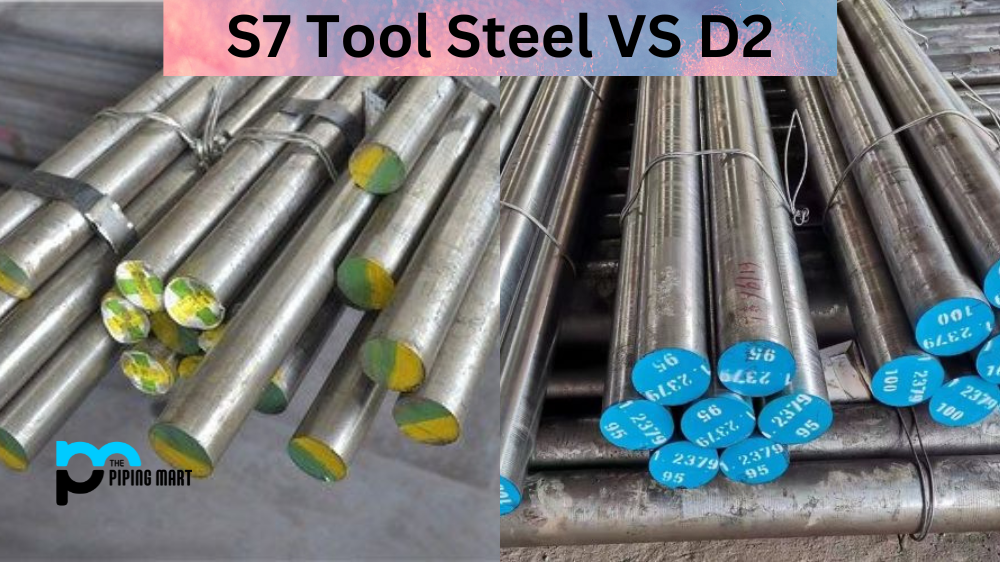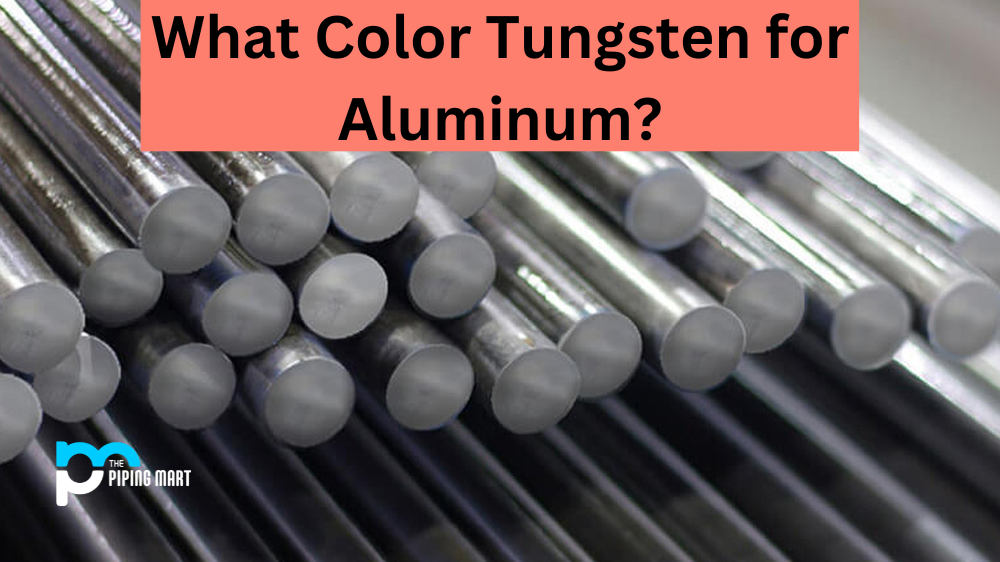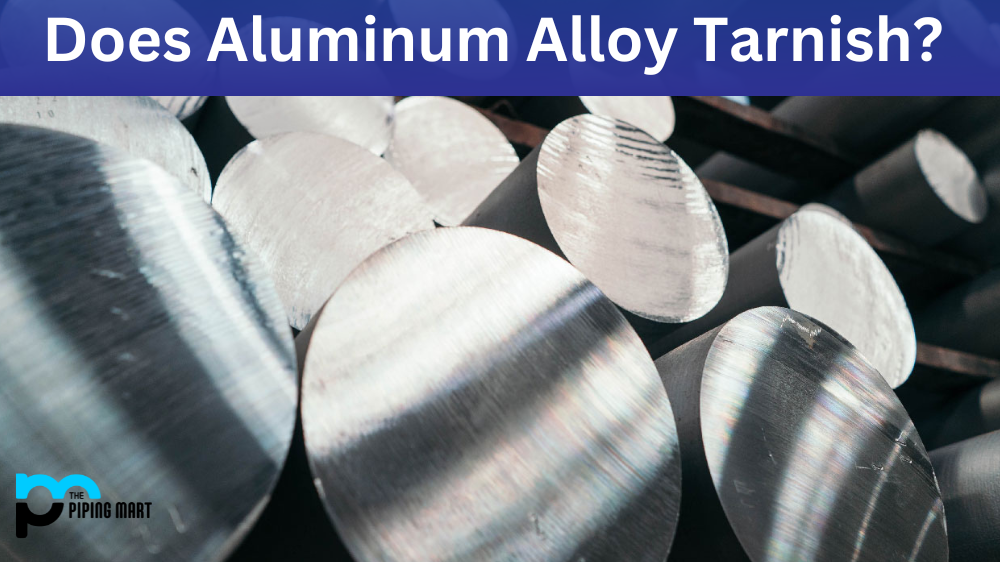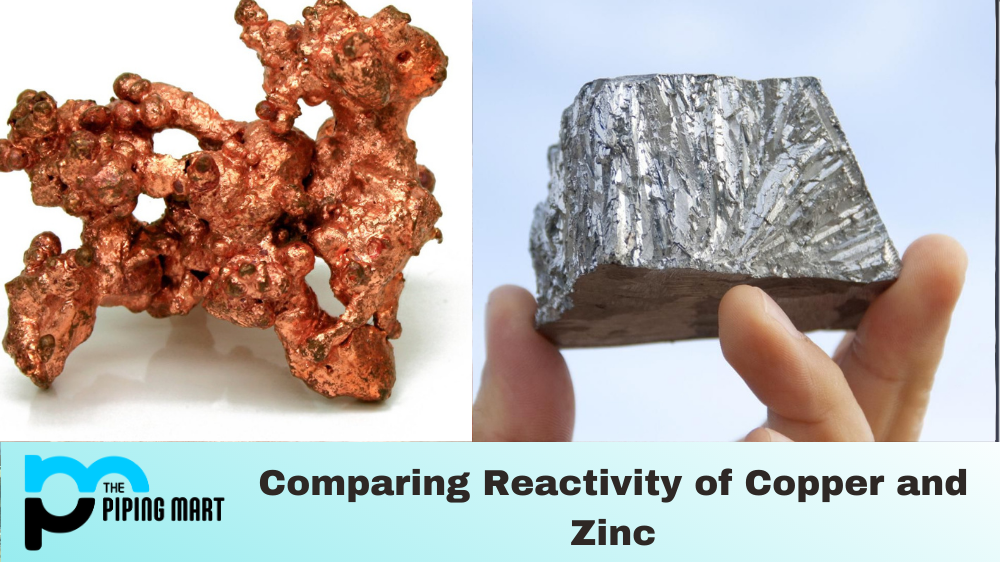When selecting steel for your project, sifting through all the available types can be overwhelming. Two common types that are often compared are S7 tool steel and D2. While both are high-carbon, high-chromium tool steels, some key differences may make one more suitable for your needs. In this article, we’ll break down the characteristics of each steel and compare them so you can decide which is the best fit for your project.
Difference Between S7 Tool Steel and D2
Composition
S7 tool steel is a shock-resistant steel containing high levels of silicon and manganese and low levels of carbon and alloying elements. On the other hand, D2 is a high-chromium, high-carbon steel that contains less silicon and manganese but has higher amounts of molybdenum and vanadium. The higher levels of molybdenum and vanadium in D2 increase wear resistance, making it a popular choice for cutting tools and dies.
Hardness
S7 and D2 have impressive hardness, but D2 edges out S7 in this category. The Rockwell hardness range for S7 is typically between 54-59, whereas D2 can be as high as 65. While S7 is still considered a very hard steel, if your project requires extreme hardness, D2 may be the better option.
Toughness
S7 is known for its superior toughness, making it a top choice for high-impact applications. Its shock-resistant properties make it less brittle than D2, which can be prone to chipping and cracking under extreme pressure. If toughness is your priority, S7 may be the way to go.
Machinability
Regarding machinability, S7 tends to be more forgiving than D2. Due to its higher toughness and lower hardness, S7 is easier to machine without causing damage to the tool. D2, on the other hand, requires careful attention during machining to avoid chipping, which can be time-consuming and labour-intensive.
Cost
In terms of cost, S7 is typically less expensive than D2. While both are considered premium tool steels, the added cost of the extra elements in D2 makes it more expensive. If budget is a concern, S7 may be the more appealing choice.
Conclusion
Ultimately, the choice between S7 and D2 will depend on the specific needs of your project. If you require extreme hardness and wear resistance, D2 may be the better choice. But if toughness and shock resistance are more important, S7 may be the way. Both are excellent tool steels with unique properties that can help you achieve the desired results. Consider the composition, hardness, toughness, machinability, and cost when deciding which type of steel to use for your next project.

Abhishek is a seasoned blogger and industry expert, sharing his insights and knowledge on various topics. With his research, Abhishek offers valuable insights and tips for professionals and enthusiasts. Follow him for expert advice on the latest trends and developments in the metal industry.




